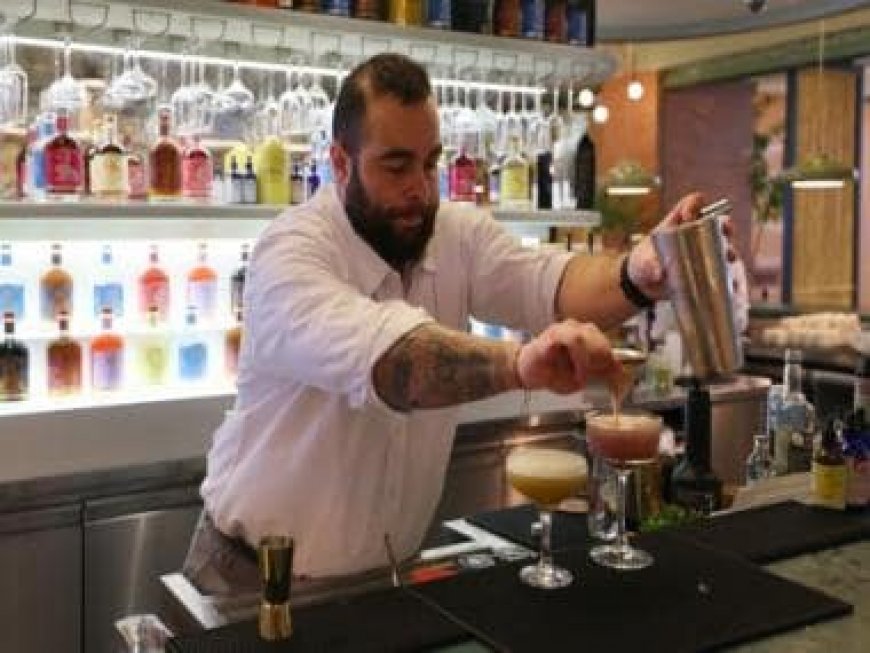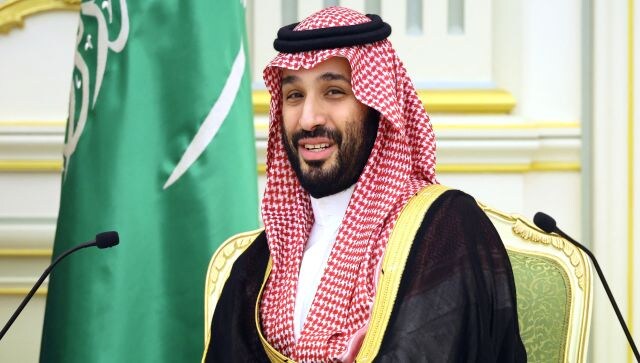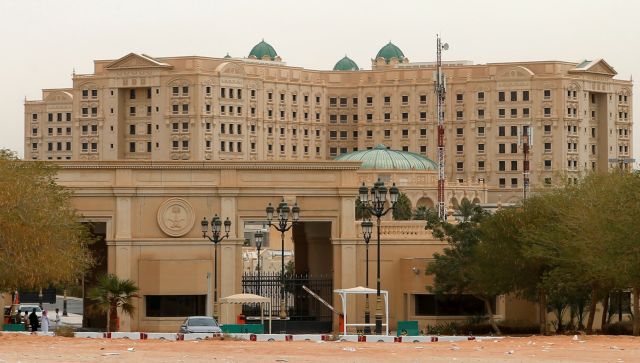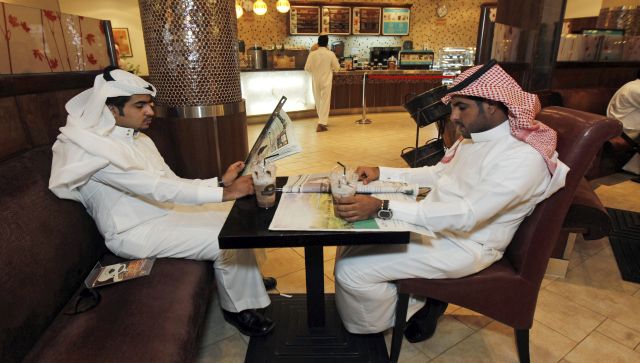When did Saudi Arabia ban alcohol? Why is its first liquor store a big deal?
When did Saudi Arabia ban alcohol? Why is its first liquor store a big deal?

Saudi Arabia is seeing revolutionary reforms under Crown Prince Mohammed bin Salman. He has ambitious plans to make the kingdom the go-to destination for business and tourism. It involves shedding the image of a conservative regime and being more open. And the latest move involves allowing alcohol. Yes, the country is all set to get its first liquor store in the capital Riyadh but it will serve only non-Muslim diplomats.
The move is a milestone in the ultra-conservative Mulsim kingdom as alcohol is forbidden in Islam. But did you know that liquor wasn’t always banned in Saudi Arabia? What changed and what does Islam say about alcohol? We explain.
When did Saudi Arabia ban alcohol?
Alcohol ban has been in place in the kingdom since the early 1950s.
Saudi Arabia’s founding monarch, King Abdulaziz, stopped the sale of alcohol after a 1951 incident in which one of his sons, Prince Mishari, became intoxicated and used a shotgun to kill British vice-consul Cyril Ousman in Jeddah, according to a report in The Associated Press.
After Iran’s 1979 Islamic Revolution and a militant attack on the Grand Mosque at Mecca, Saudi Arabia’s rulers further embraced Wahhabism, an ultraconservative Islamic doctrine born in the kingdom.
But some its its laws have been loosened under Prince Mohammed bin Salman and his father, King Salman.
The country is getting its first alcohol store in 70 years.

What do we know about Saudi Arabia’s first alcohol store?
The kingdom is readying to open its first alcohol store in Riyadh, which will serve only non-Muslim diplomats, according to a report in Reuters.
The new store is located in Riyadh’s Diplomatic Quarter, a neighbourhood that houses embassies and where diplomats reside. The shop will be “strictly restricted” to non-Muslims. It was unclear if other non-Muslim expatriates would have access to the store, the report said. A source familiar with the plans said the store is expected to open in the coming weeks.

The store is located next to a supermarket in Diplomatic Quarter, a diplomat, who spoke on condition of anonymity was quoted as saying by The Associated Press (AP). The diplomat walked through the store Wednesday, describing it as similar to an upscale duty-free shop at a major international airport.
The store stocks liquor, wine and only two types of beer as of now, the diplomat said. Workers at the store will ask customers for their diplomatic identifications and for them to place their mobile phones inside of pouches while inside. A mobile phone app allows purchases on an allotment system, the diplomat said, according to AP.
What are the rules regarding alcohol for diplomats?
While diplomats are permitted consumption of alcohol, they have to abide by the rules. A story run by the English-language newspaper Arab News, owned by the state-aligned Saudi Research and Media Group, described the rules as meant “to curb the uncontrolled importing of these special goods and liquors within the diplomatic consignments”. The rules took effect on Monday, the newspaper reported.
Diplomats are allowed to import liquor through a speciality service into the kingdom, for consumption on diplomatic grounds. Those without access in the past have purchased liquor from bootleggers or brewed their own inside their homes. However, the US state department warns that those arrested and convicted for consuming alcohol can face “long jail sentences, heavy fines, public floggings and deportation”, reports AP.

Why is alcohol prohibited for locals?
Drinking alcohol is considered haram, or forbidden, in Islam. Saudi Arabia is among the few nations in the world with a ban on it.
The kingdom has strict laws against drinking alcohol which can be punishable by hundreds of lashes, deportation, fines, or imprisonment and expatriates also face deportation. As part of the reforms, whipping has largely been replaced by jail sentences, reports Reuters.
Islamic scholars and Muslim authorities say that the Quran talks about alcohol being impermissible. They usually refer to a verse in the Muslim holy book that calls intoxicants “the work of Satan” and tells believers to avoid them. They also cite the sayings of Prophet Muhammad and the negative effects that alcohol can have.
Apart from abstaining from drinking, some Muslims also avoid food that is mixed with alcohol and perfumes containing alcohol.

In a Pew Research Center survey of Muslims around the globe, most people surveyed said that drinking alcohol was morally wrong. More than half of those interviewed held this view, including nine in ten in Thailand, Ghana, Malaysia, Palestine, Indonesia, Niger and Pakistan, according to the Pew report, which was published in 2013 and questioned 38,000 people.
Still, in 11 of the 37 countries where this question was asked, at least one in ten said that drinking alcohol is morally acceptable and in some countries, sizable percentages said consuming alcohol is not a moral issue, the report added, according to AP.
Which are the other countries that ban alcohol?
A handful of Muslim countries continue to ban alcohol.
Kuwait has prohibited the sale and purchase of all liquor within its borders since 1965. At the time, the move caused the death or hospitalisation of hundreds of citizens, as they instead drank perfume and rubbing alcohol, according to a report in Time.
In Pakistan, Oman and Qatar, Muslims are banned from drinking liquor but the laws do not extend to non-Muslims. Alcohol is legally served to non-Muslims after getting a permit in licensed hotels and restaurants.
In Somalia, the consumption of alcohol in a public space is illegal. In 2021, the country introduced more stringent punishment for the offence, which includes the possibility of a lengthy prison sentence without bail.

Alcohol cannot be purchased legally in Brunei. However, two litres of spirits/wine and 12 cans of beer (one can equals 330 ml) may be imported by non-Muslim adults for personal consumption in private, according to the US state department.
In Libya, Bangladesh and Iran, alcohol is against the law but underground sales, cross-border smuggling and homemade alcohol production are reportedly common, reports Forbes.
However, in other Muslim nations like the United Arab Emirates, Jordan, Egypt, and Malaysia there is no nationwide prohibition.
With inputs from agencies
What's Your Reaction?



























































